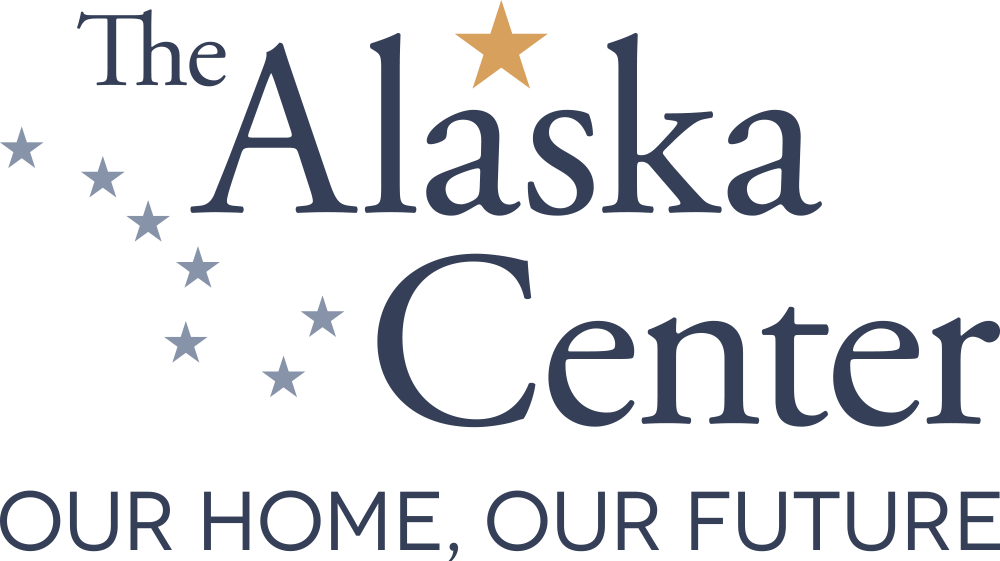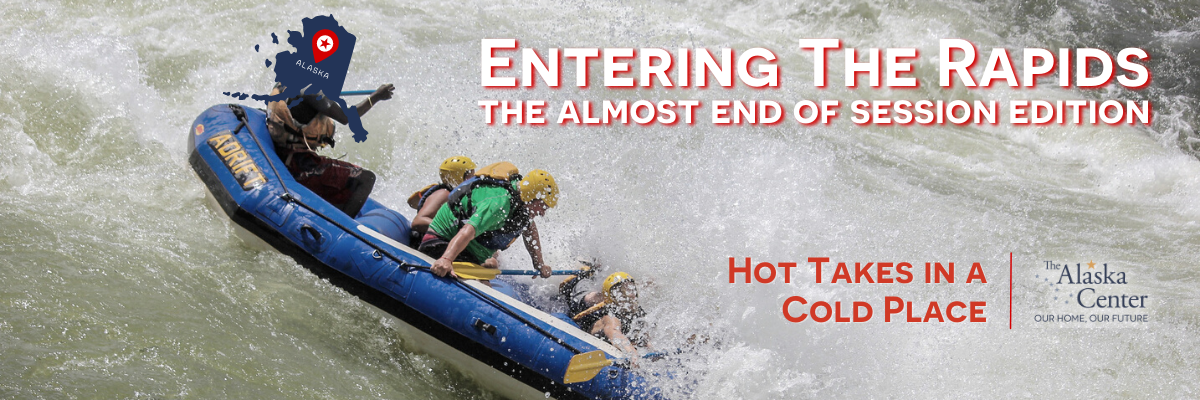The 32nd Alaska State Legislature is careening toward its grand finale, which will likely be on or around May 18th, the constitutional 120-day limit to session. On or around May 18th, the House and Senate will reconcile their versions of the operating and capital budget, pass any remaining bills, and drop the gavel, ending the second regular session Sine-Die.
The high price of oil, healthy returns on Permanent Fund investments, and the federal infrastructure spending package have lawmakers swooning, many of them revved up to spend vast amounts on the Governor's holy grail: The ultimate, humongous, gigantic, supersized, great, grand, king-daddy, monumental, amazing and astonishing full statutory Permanent Fund Dividend ($4,200 per Alaskan) in addition to a payment to offset high fuel prices ($1,300) for a total of $5,500. It is a lot of money, it is a great campaign gambit, it is universal basic income wrapped up in a different package, it follows the statute, and it will plunge the state into a deficit. Most notably, it will come at the direct expense of education and other state services. As the final days of the session churn forward, expect this direct cash payment to take up most of the air in the room.
That is not to say that other hugely important issues are chopped liver. Legislation continues to move through committees, and the pace will increase rapidly should the House and Senate fail to agree on the budget and appoint a conference committee to work through the differences. Once a conference committee is announced, the schedule goes from a 7-day notice requirement to a 24-hour notice requirement for committee hearings, so bills can move quickly.
HB 123 to establish a policy for State recognition of Alaska Tribes has finally moved from the Senate State Affairs Committee and was passed quickly by the full Senate. HB 120, legislation by the Governor to increase the sale of state land for commercial purposes (circumventing state land management plans), advanced from House Resources and awaits a hearing in House Finance. HB 98, another Governor's bill to weaken public engagement in the timber harvest process, sits in the House Finance Committee, and its companion bill - SB 85 - is in Senate Finance. These bills could move quickly to passage if the votes are there. Alaska's railbelt utilities whittled down legislation to create a Renewable Portfolio Standard to something they are calling a "Clean Energy Standard Bill." It aims to get utilities off coal, natural gas, and diesel generation. HB 301, in its current form, allows Nuclear and fossil fuel waste heat recovery as means to achieve benchmark goals. This bill is in House Finance and likely will not pass this session, but you never know. The Senate wisely removed a budget increment authorizing the State of Alaska to take over development permitting in wetlands from the federal government.
In a stinging vote, the House voted 23-17 to strip language from SB 174 that would have protected natural hairstyles from employer discrimination. The intent of SB 174 is to prohibit a school governing body or an employer from prohibiting a student or an employee from wearing a hairstyle historically associated with race. Natural hairstyle is defined to include braids, locks, twists, and tight coils. The language prohibiting workplace discrimination was struck while the prohibition on school discrimination passed. This bill was sent to the Governor.
Many other bills remain in play. At this point, aligning votes for or against the budget is priority #1 of House and Senate Leadership and the Governor. If a bill suddenly lurches out of committee, you can bet that they struck a deal on a budget vote. The end of the session can be like the swiftening of a river as it enters a turbulent gorge. We all must remain vigilant. Obstacles approach fast.
We are ready, buoyant and alert,
The Alaska Center
Share this Post

